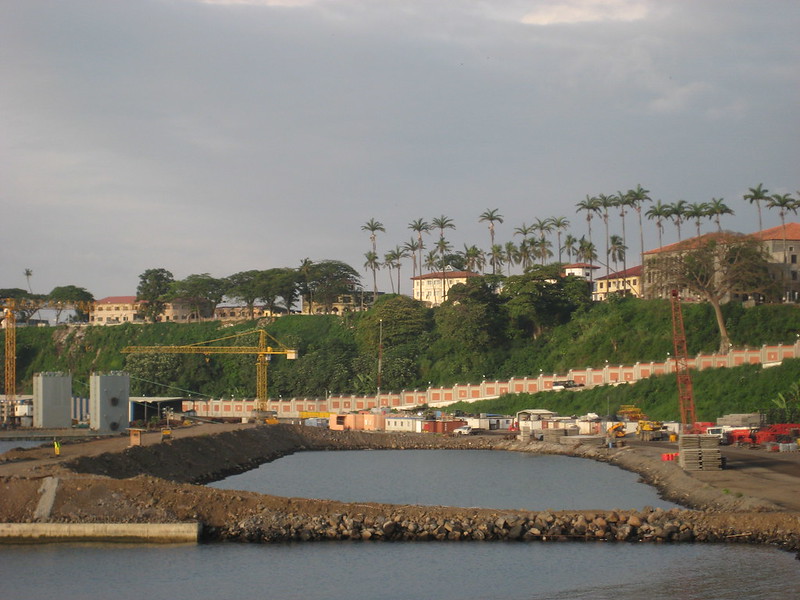Civic Space in Equatorial Guinea – Information and Recommendations from civil society
Blogs and News

The existence of an enabling environment for civil society – and particularly the ability for civil society to participate freely and actively in the EITI process as well as to contribute to debates about natural resources governance – is central to the EITI process.
In line with EITI Requirement 1.3 civil society needs to be fully, actively and effectively engaged in the EITI process. The Civil Society Protocol, incorporated into the Standard in January 2015, further clarifies how the requirement of an “enabling environment” should be interpreted and reiterates that civil society participation is a cornerstone requirement to join the Initiative:
The participation of civil society is fundamental to achieving the objectives of EITI, including Principle 4 which states that “public understanding of government revenues and expenditure over time could help public debate and inform choice of appropriate and realistic options for sustainable development”. The active participation of civil society in the EITI process is key to ensure that the transparency created by the EITI leads to greater accountability.
Against this background, and following a request from the EITI Secretariat to receive information regarding the current situation of civic space in Equatorial Guinea, we* wish to present some elements that, we hope, will be helpful to the EITI board in assessing whether the country complies with the necessary requirements for a potential candidacy to the EITI as well as to engage with the authorities of Equatorial Guinea on civic space issues.
Access the document with key recommendations from civil society here.










